Your car couldn’t function without the battery at the heart of its electrical system. Powerful enough to crank a big, heavy engine and light up the road ahead, it’s surprisingly easy to wear it down without realizing it. Bad habits on your part can quietly sap your battery’s life, leaving you stranded when you least expect it. By understanding what drains your battery and making a few simple adjustments, you can avoid costly replacements and frustrating breakdowns.
Leaving Lights On

Even a small dome interior light can drain your battery overnight. It’s easy to forget to turn off your lights when you exit your car. Modern cars often have automatic shutoff features, but older models rely on you to remember. It’s worth double-checking before walking away – a simple step that will save you the hassle of waking up to a dead battery.
Ignoring Loose Battery Connections
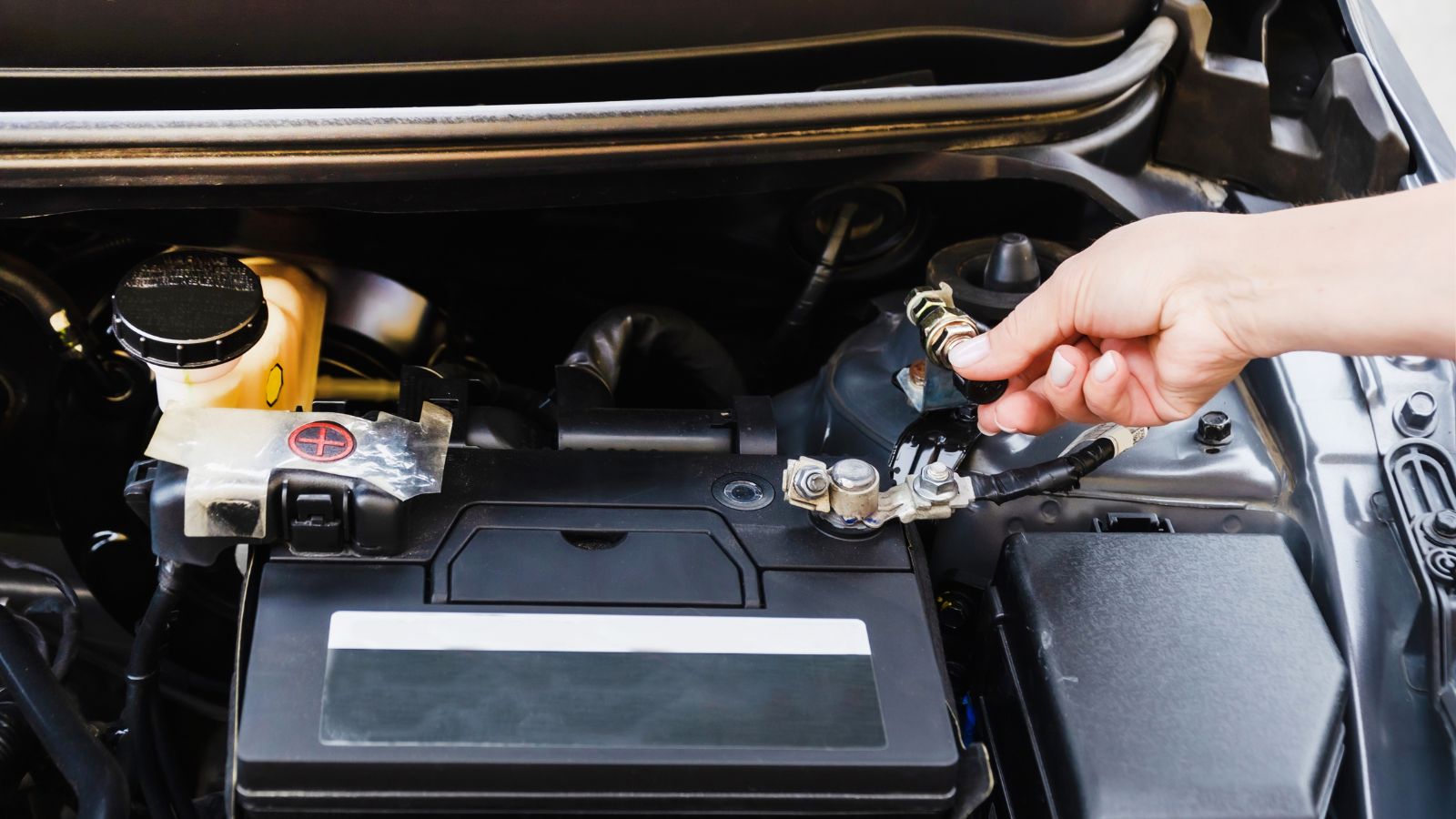
When battery terminals aren’t tight, the battery has to work harder, reducing its lifespan. Loose connections prevent your car’s electrical system from functioning efficiently, leading to a gradual drain. Inspect and clean your battery’s terminals regularly to prevent unnecessary power loss and keep your car running smoothly.
Frequent Short Trips
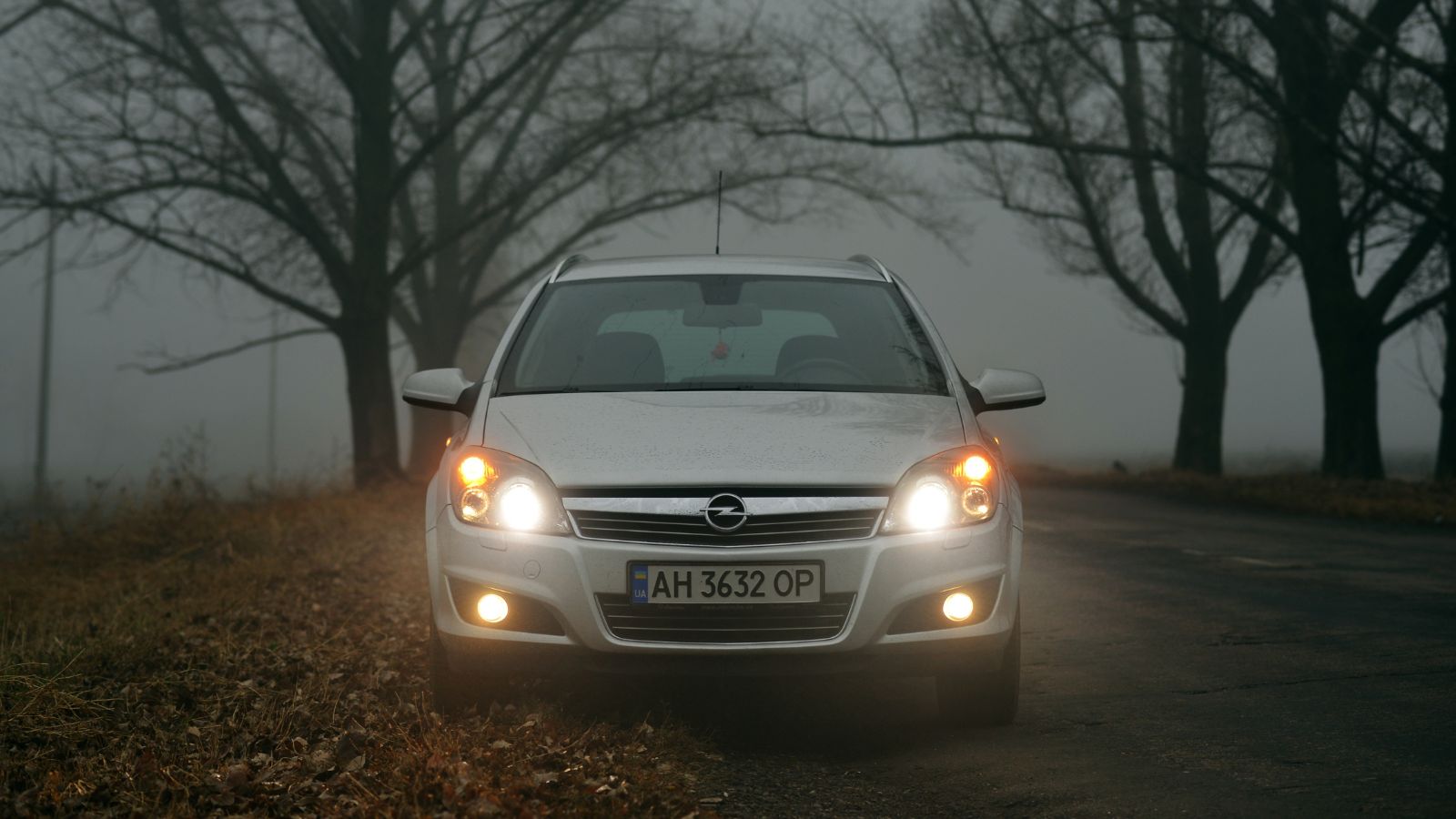
If you make a lot of short trips – especially at night with lights on – the battery may not have enough time to fully recover. Starting your car takes a lot of energy, and the alternator needs time to recharge the battery. Combining errands into fewer, longer drives helps the alternator restore the battery more effectively.
Using Accessories While the Engine Is Off
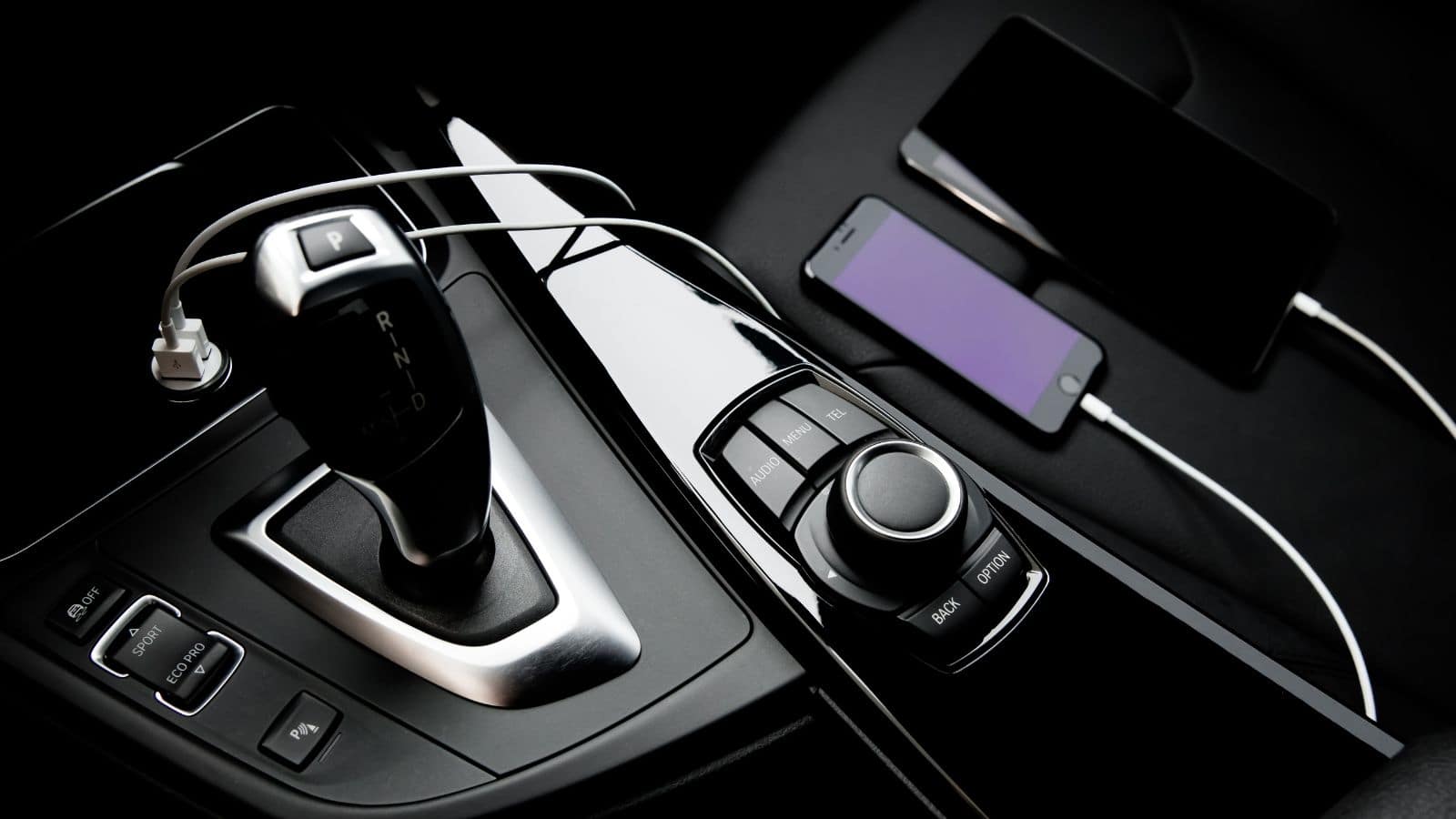
Your car relies on the alternator to recharge the battery while running, so using accessories without the engine puts unnecessary strain on it. Switching on the radio, phone chargers, or seat warmers while the engine is off might seem harmless, but it drains the battery quickly. Save these conveniences for when the engine is running.
Extreme Weather Exposure

Both hot and cold weather will take a toll on your car’s battery. Extreme heat accelerates internal wear, while freezing temperatures reduce its capacity to hold a charge. Parking in shaded or sheltered areas and using a battery blanket in winter will help protect it from the elements.
Neglecting Regular Battery Checks
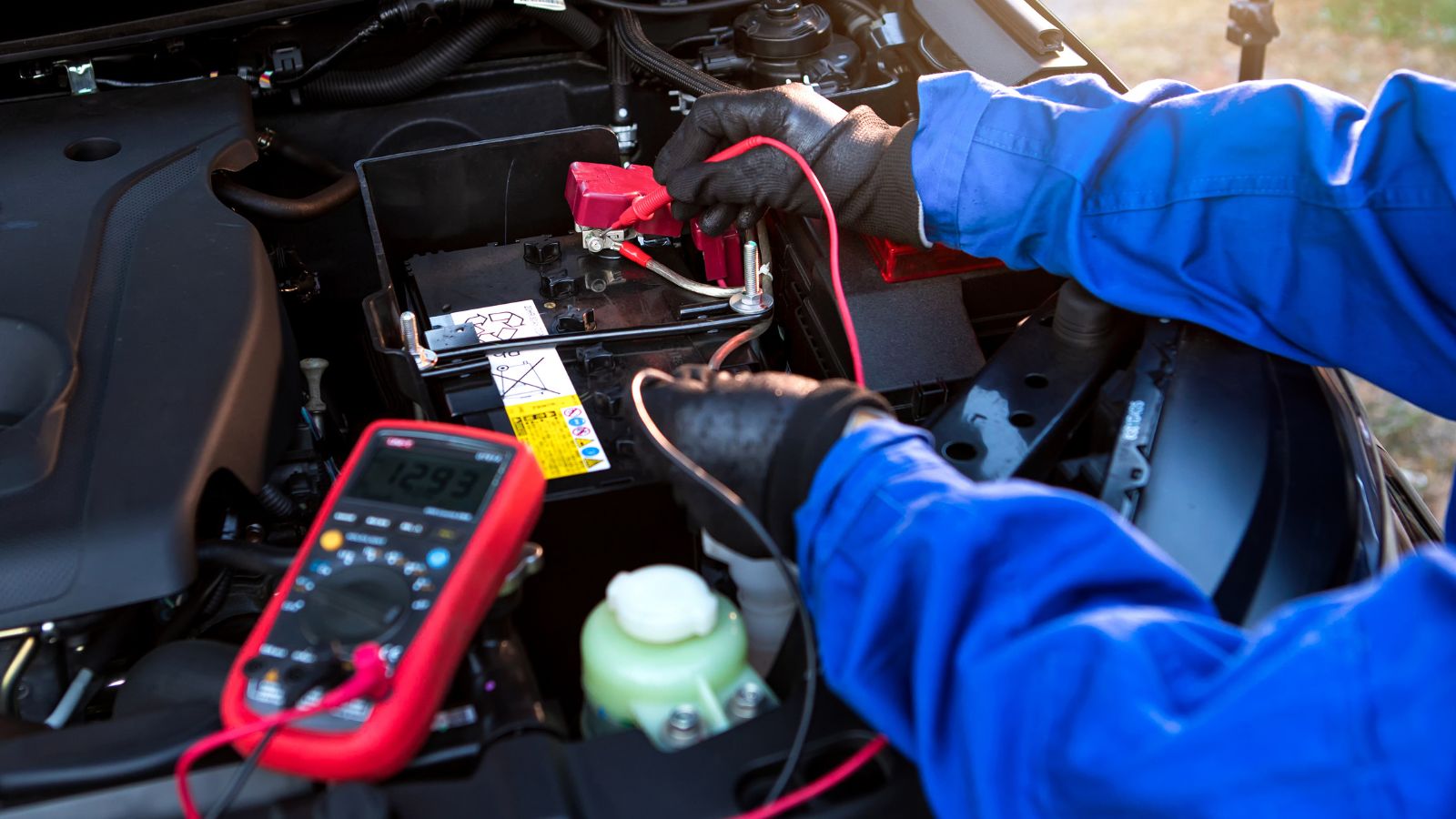
Neglecting regular battery checks can lead to unnoticed issues like low charge levels or corrosion. Most auto shops offer free battery testing, and doing this twice a year should catch problems before they leave you stranded. Keeping tabs on your battery’s health extends its life and saves you from surprises.
Leaving the AC On at Shutdown
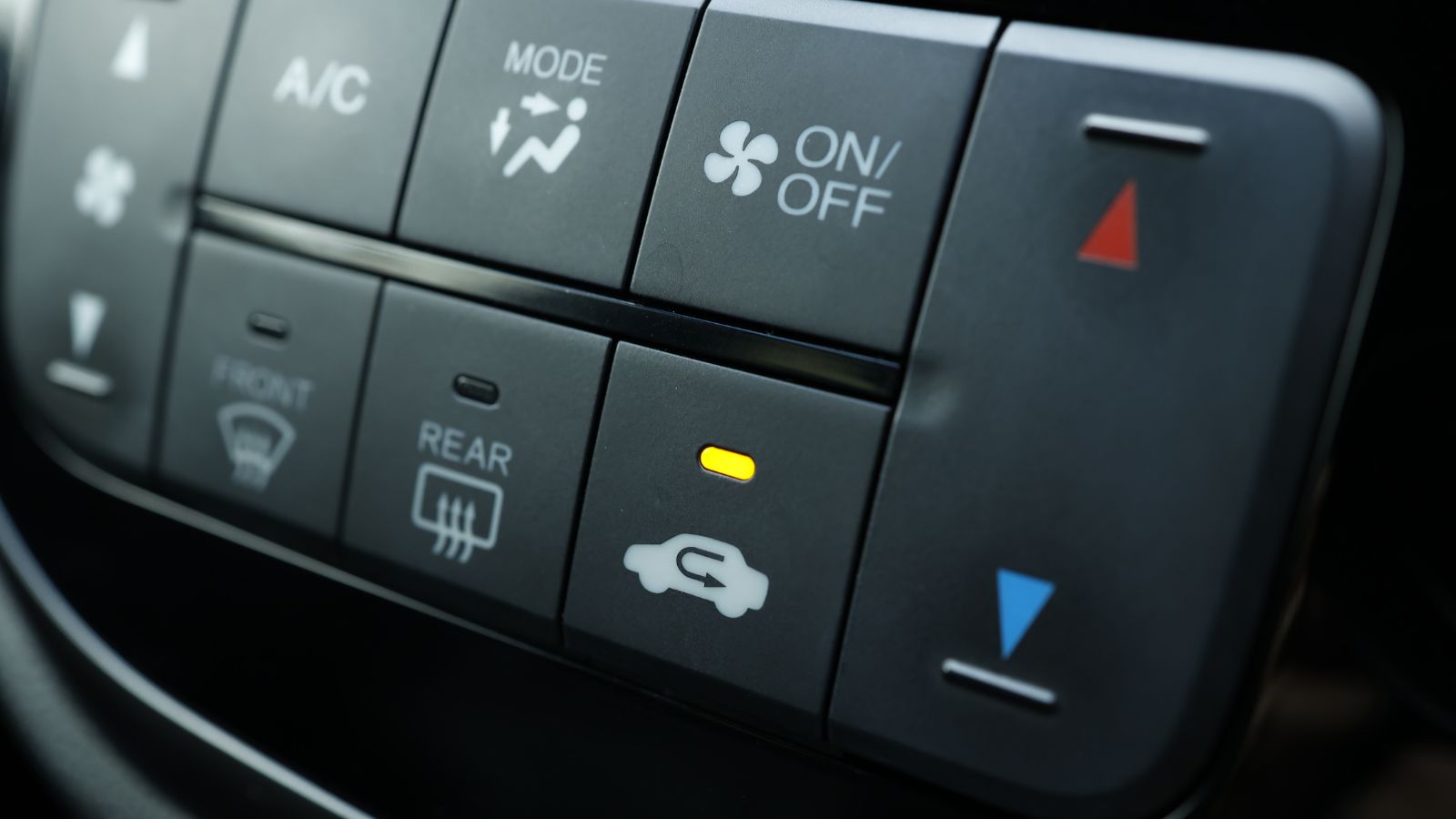
Your car’s air conditioner draws a lot of power from the battery. Leaving it running after a journey can strain the battery before your next startup. The system draws extra power when restarting, reducing the battery’s efficiency over time. Turn off the AC before turning off the ignition to give your battery a break.
Forgetting to Drive Regularly
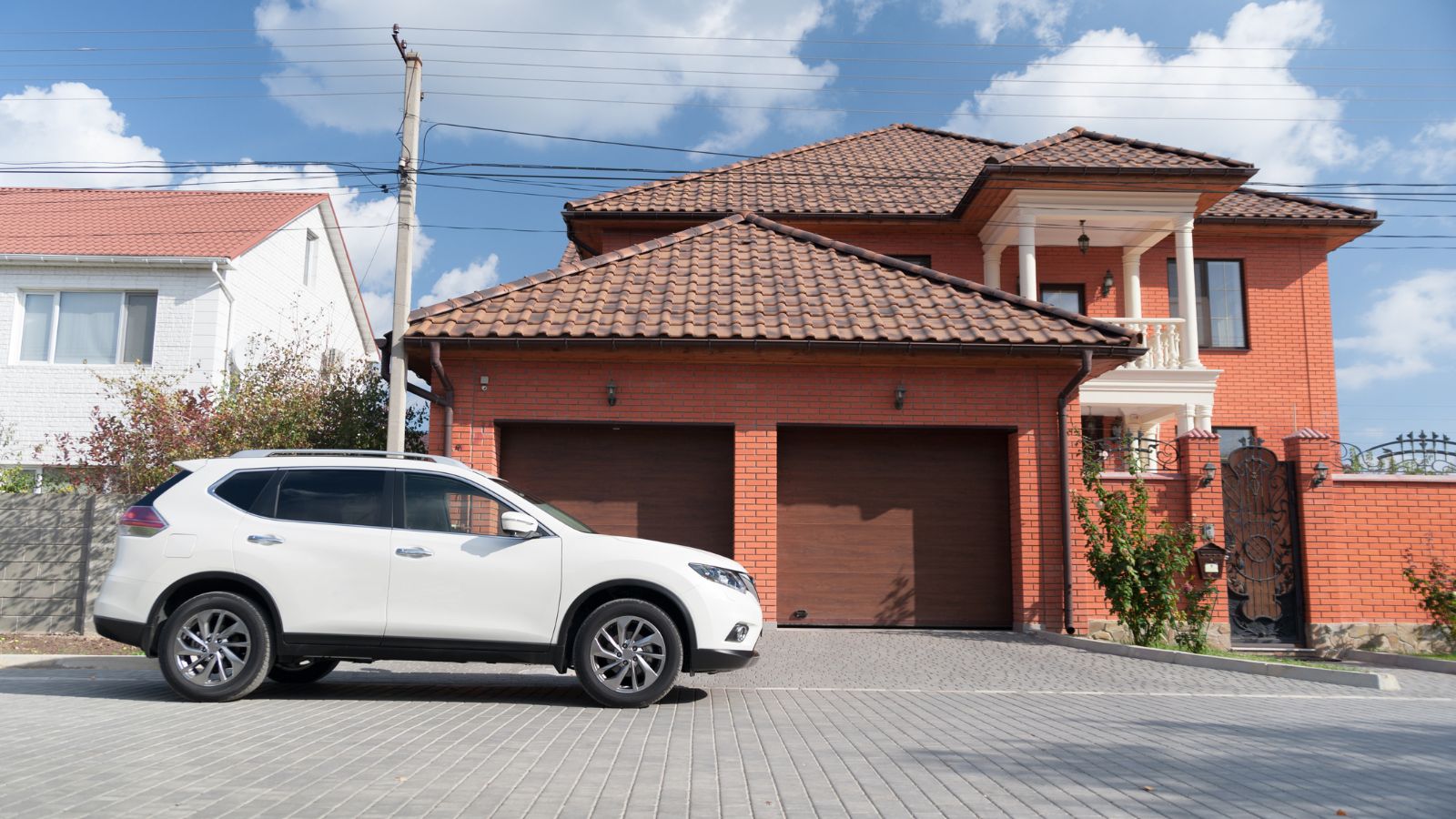
When your car’s parked up for long periods, the battery gradually loses its charge. Electrical items like the clock and alarm system continue drawing power 24-7. Driving at least once a week, even for a short trip, helps keep the battery charged. If you can’t drive, consider investing in a battery maintainer to keep it healthy.
Using Old or Faulty Batteries
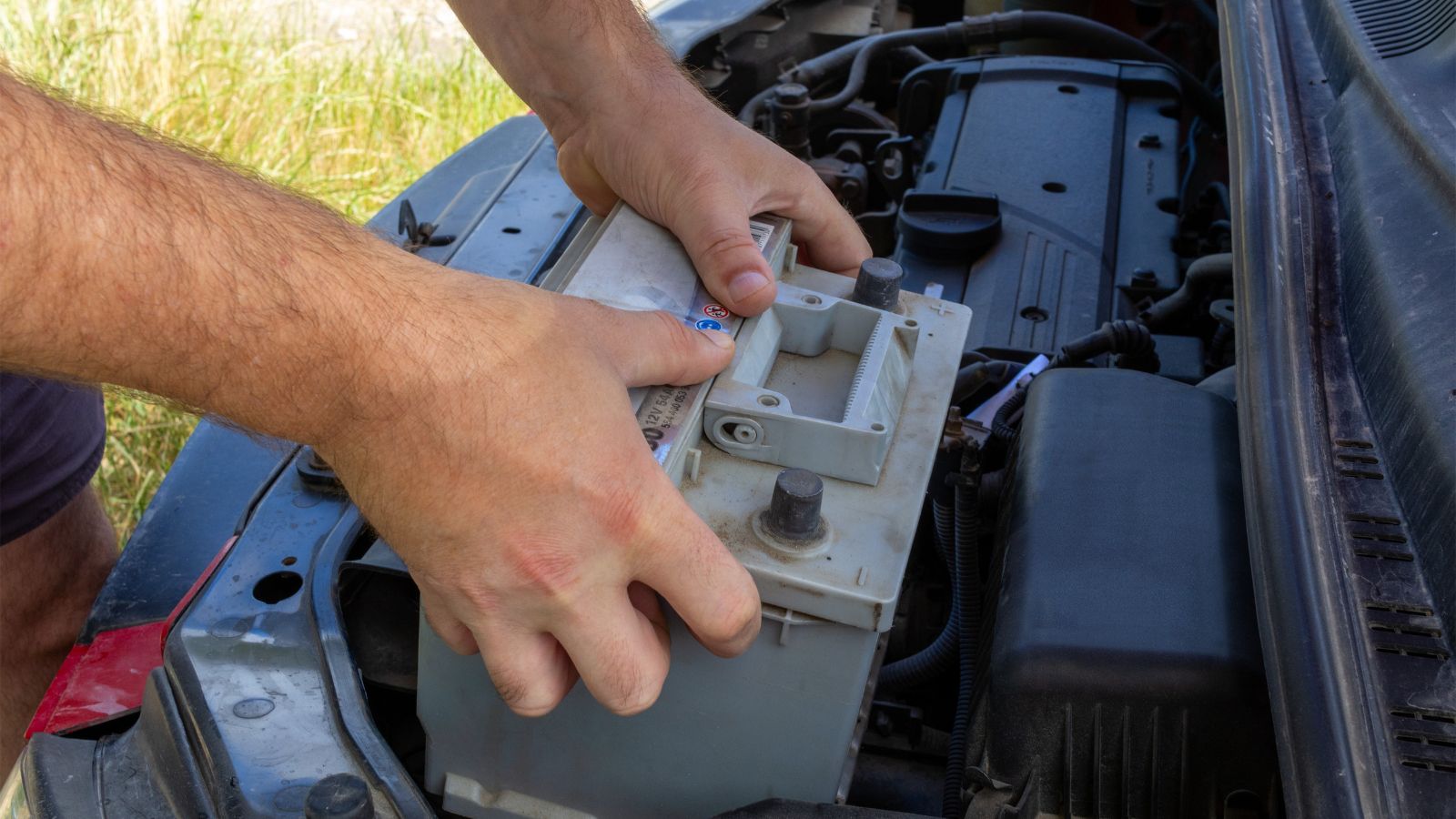
Batteries don’t live forever, so it’s asking for trouble to use one that’s past its prime. Older batteries lose their ability to hold a charge effectively, leaving you at risk of a breakdown. Replacing your battery at the recommended intervals – typically every three to five years – ensures reliable performance and prevents unnecessary drains.
Forgetting to Turn Off Heated Seats or Defrosters
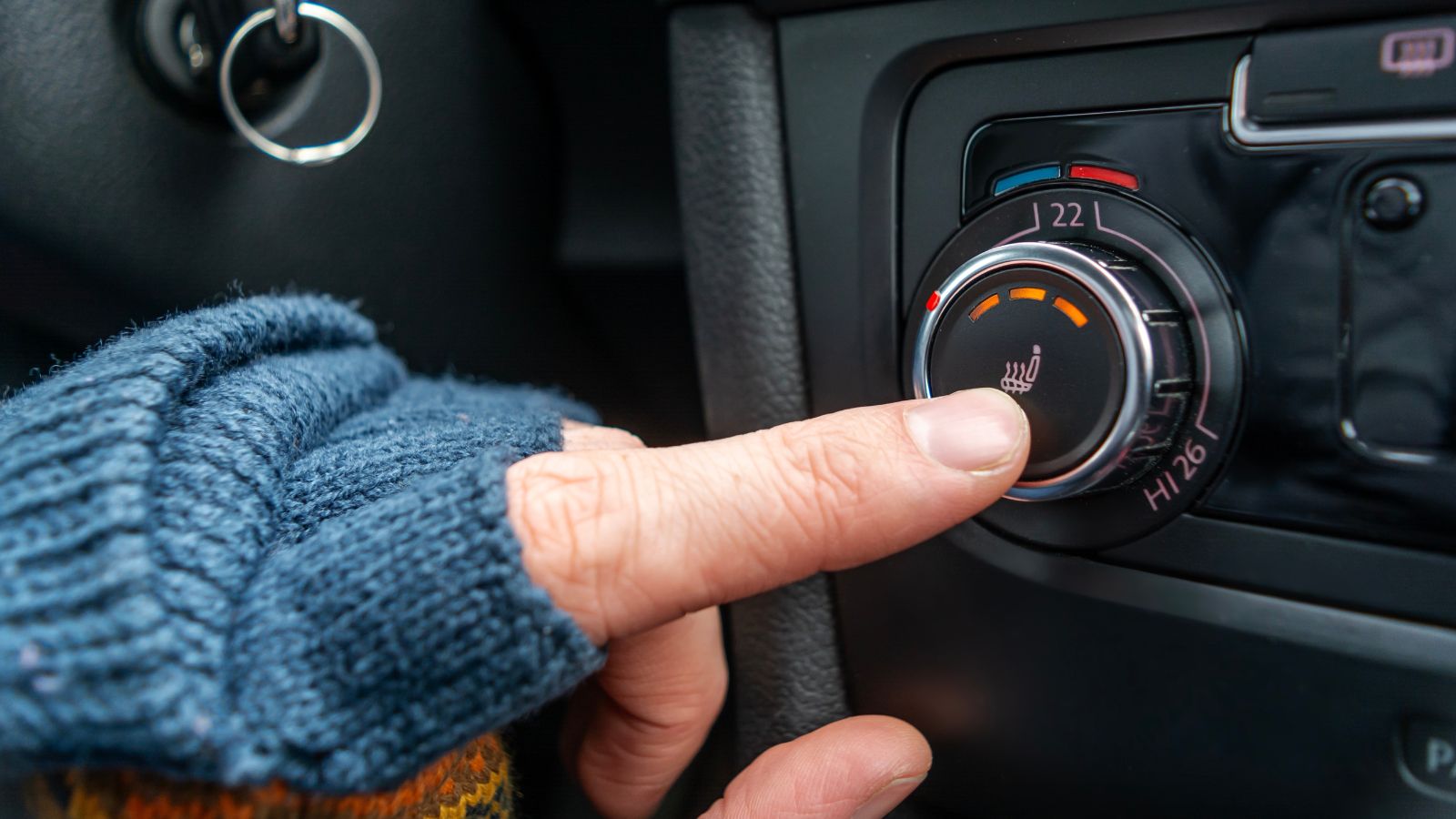
Power-hungry features like heated seats and rear-window defrosters will drain your battery if left on. These systems often don’t shut off automatically, so forgetting to turn them off after use can lead to unexpected drains. Make it a habit to double-check these features when leaving your car to save battery power.
Overloading with Aftermarket Electronics

Fitting power-hungry accessories like high-powered speakers, underglow lights, or other electronics will overload your battery if it’s not designed for the extra demand. These devices draw continuous power, especially if they’re not wired correctly. Upgrading to a more robust battery or limiting the number of add-ons prevents battery drain.
Letting Corrosion Build Up
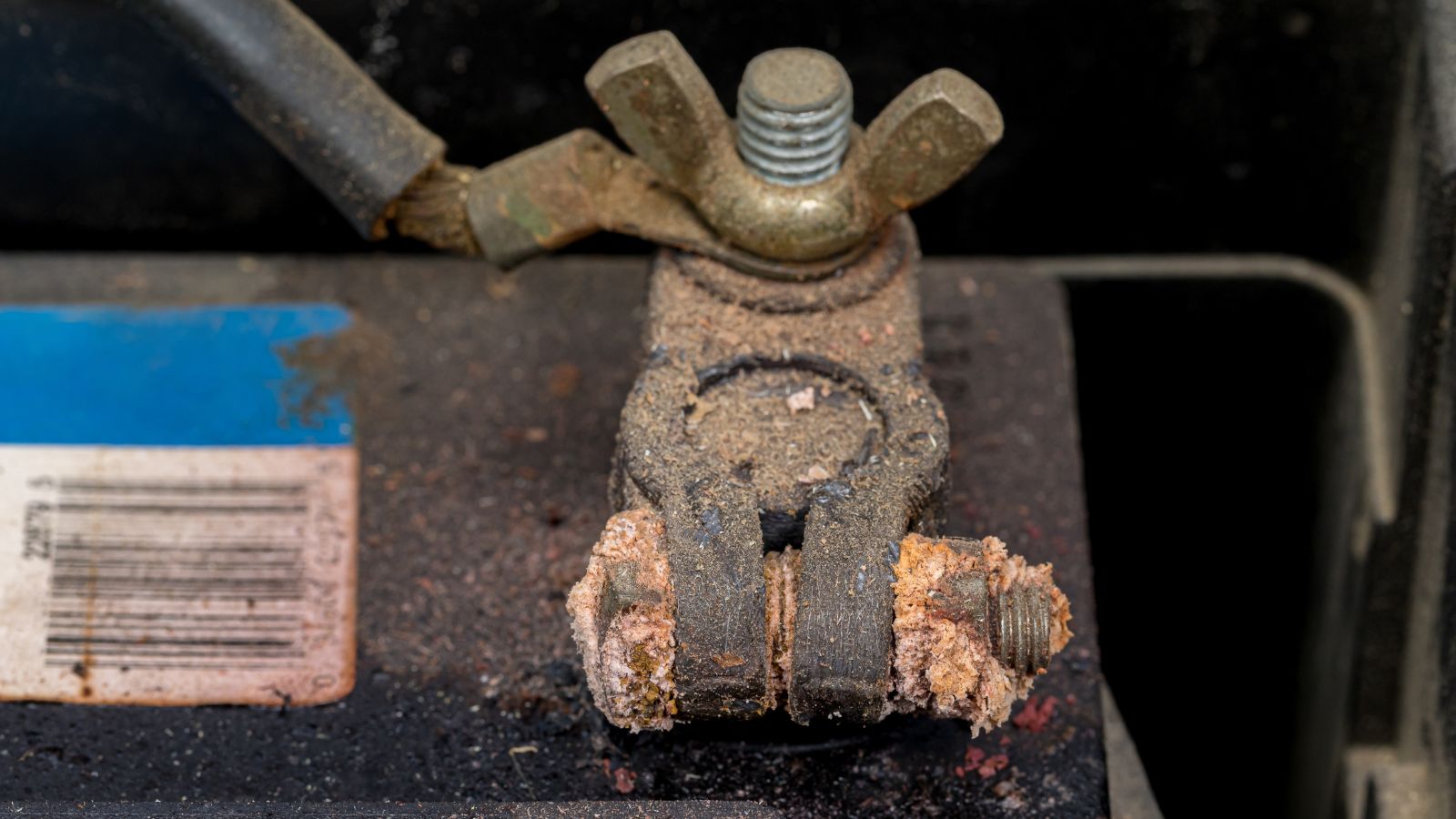
Corrosion on battery terminals acts as a barrier that reduces the efficiency of the electrical connection. This makes your battery work harder, shortening its life. Regularly cleaning the terminals with a wire brush and applying anti-corrosion spray prevent buildup and ensure consistent performance.
Using Faulty Alternators
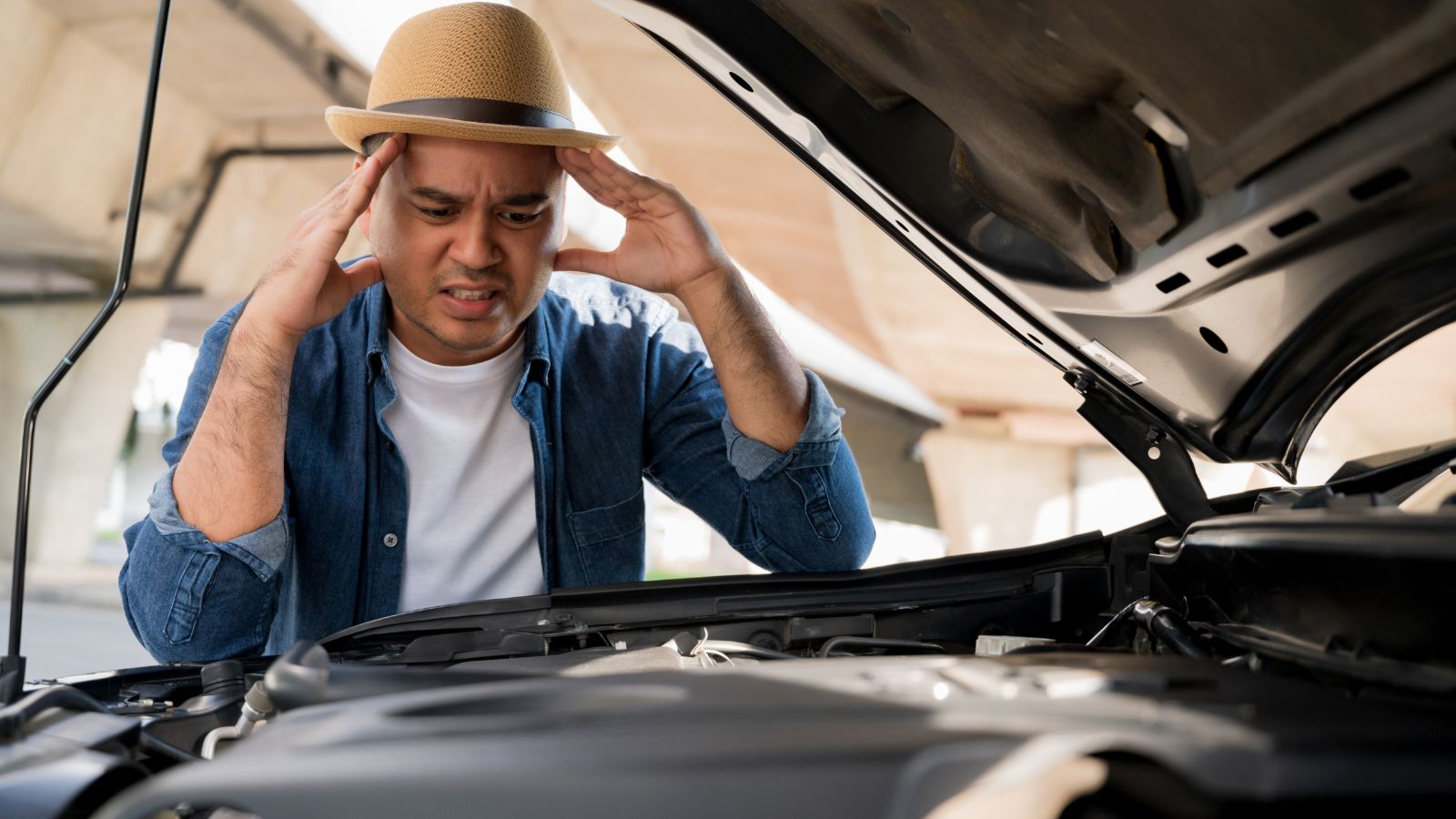
Your alternator works hard for its living, recharging your battery. Once it starts to fail, it will actually drain it. Warning signs include dim headlights or trouble starting your car. Ignoring these symptoms can leave you stranded with a dead battery. Get your alternator tested when you notice electrical issues.
Forgetting About Parasitic Drains
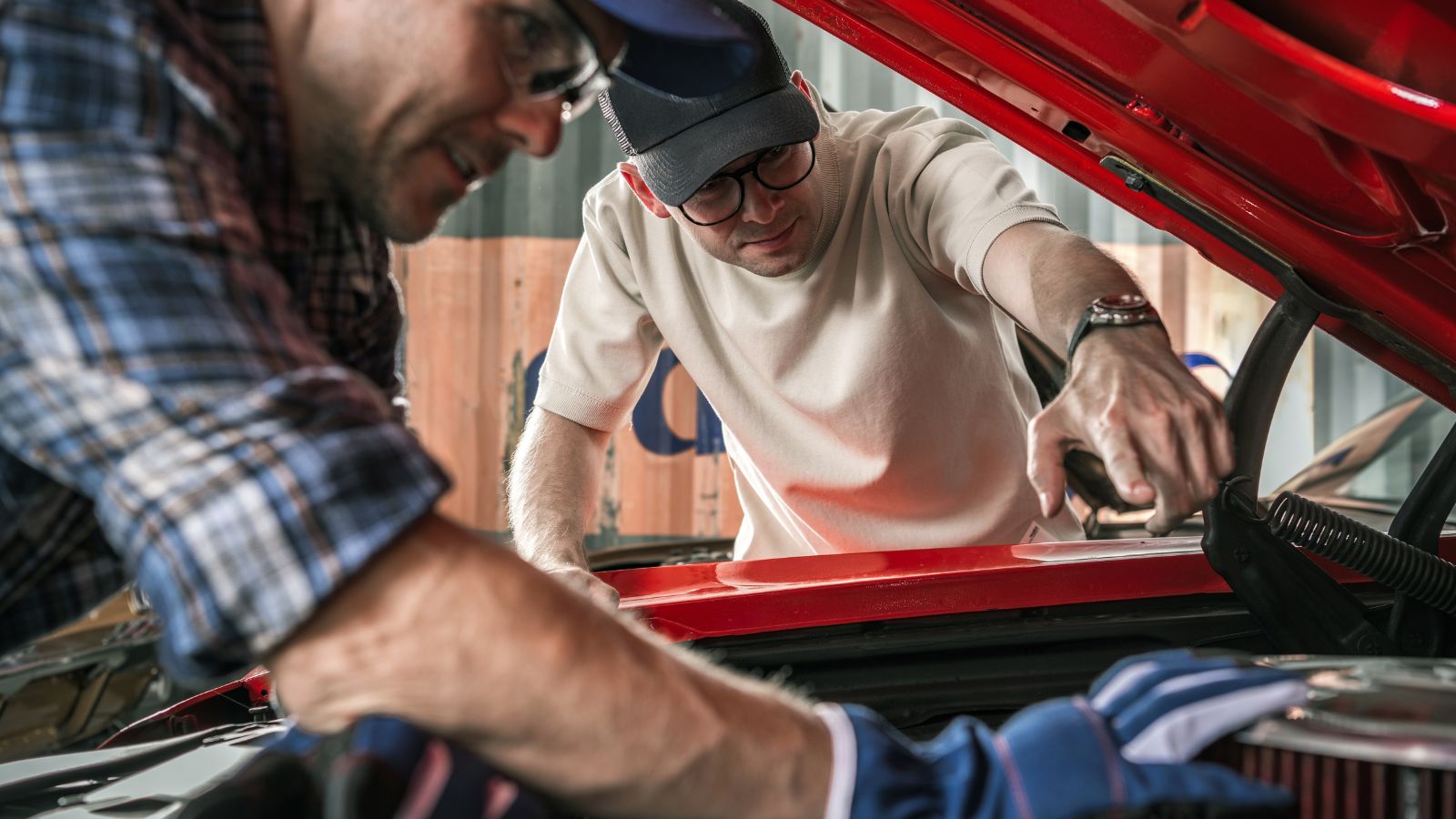
Computers are at the heart of modern cars, controlling all sorts of systems. These onboard computers draw power even when your car is off. If these systems malfunction, they will cause parasitic drains that weaken your battery. Identifying and repairing faulty components early prevents them from sapping your car’s energy unnoticed, keeping your battery healthy.
